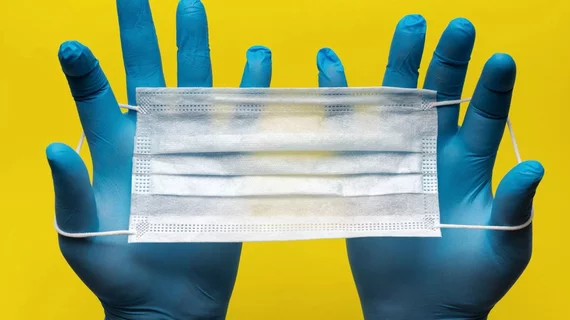COVID-busting robots disinfecting PPE at Baptist Health
The multihospital Baptist Health system is responding to the national shortage of N95 masks by sanitizing its existing supply for safe reuse. And it’s delegated the task to non-humans.
Manufactured by Xenex Disinfection Services, the technology uses pulsed xenon ultraviolet light to damage the DNA of bacteria and viruses, according to a news release.
Baptist says the deployment builds on the its existing use of the machines, called LightStrike robots, to disinfect patient areas. The health system now has assigned one robot to a single room in each of its hospitals. Each machine so dedicated cleans N95 masks—and only cleans N95 masks.
“As COVID-19 continues to spread, our teams are working hard to research and implement evidence-based strategies to address projected needs,” Elizabeth Ransom, MD, chief physician executive at Baptist Health, commented in prepared remarks.
The program works with a 10-minute disinfection cycle—five minutes for one side and five for the other, Baptist health explained. Masks are strung along wire shelving like articles of clothing on a clothesline.
COVID-19 units and others that use a lot of N95s are first in line to have their masks refreshed, and plans are in place to expand the program to other departments across the health system.
David Rice, MD, the institution’s chief quality officer, said using the robots to disinfect PPE masks is “just one of the ways we are rethinking how we do things so that we can benefit our patients and team members alike.”

